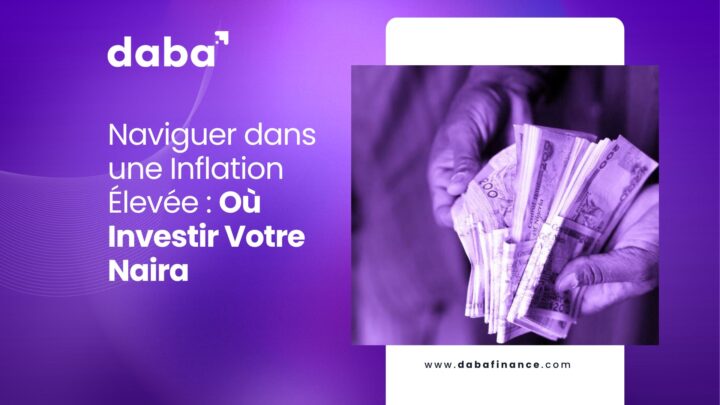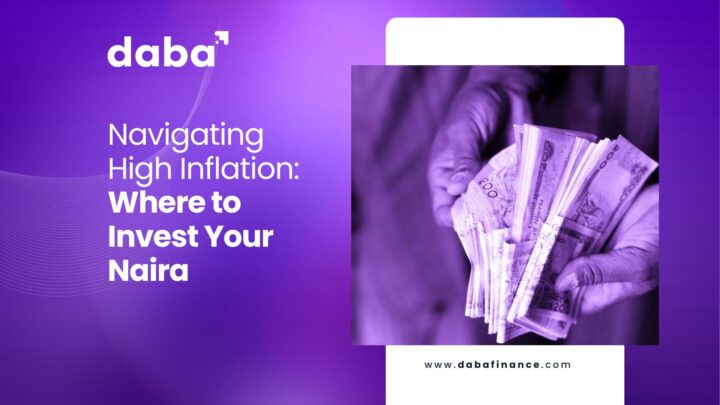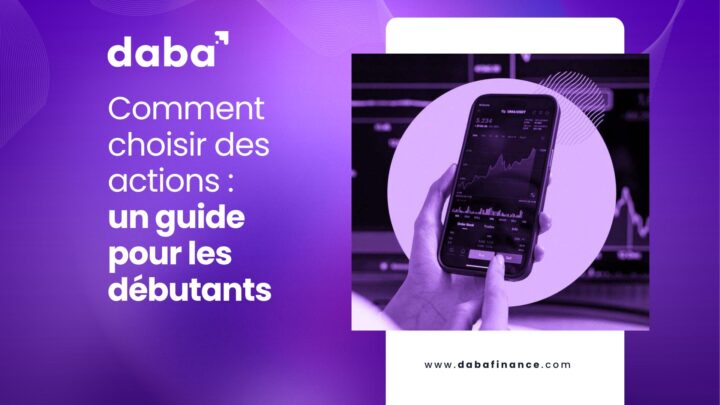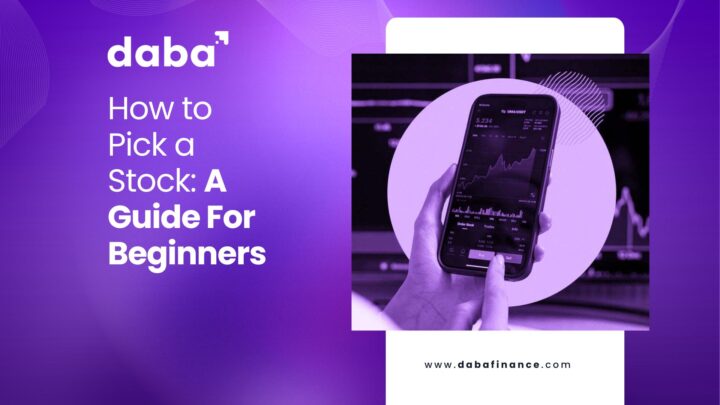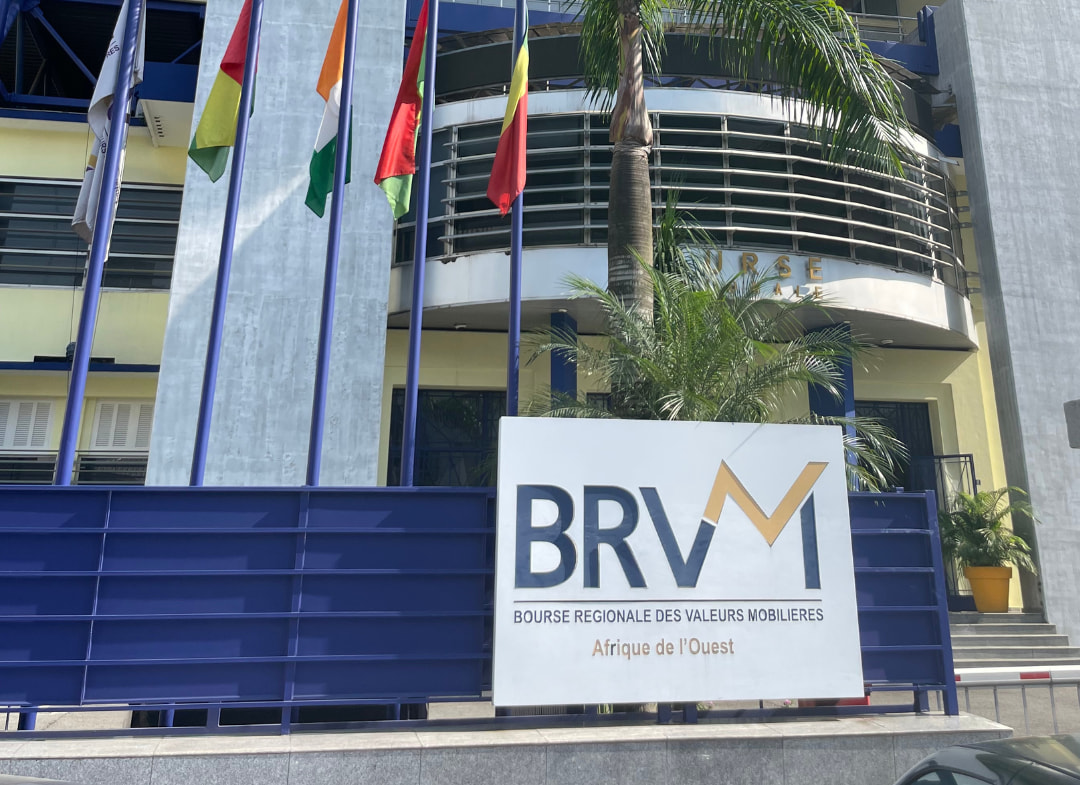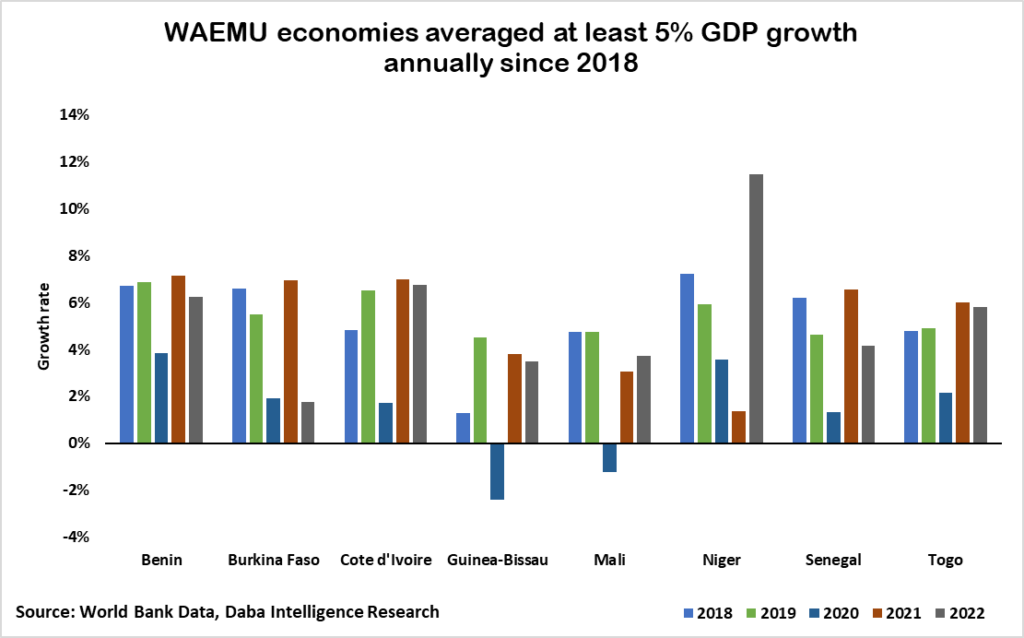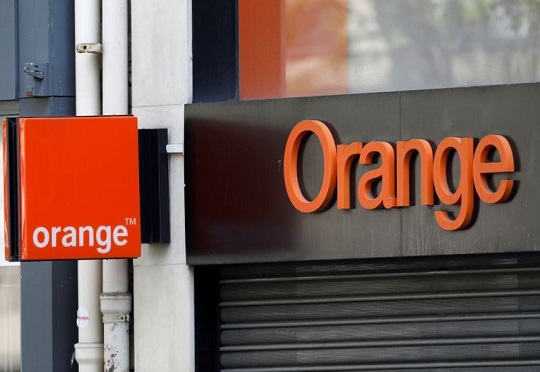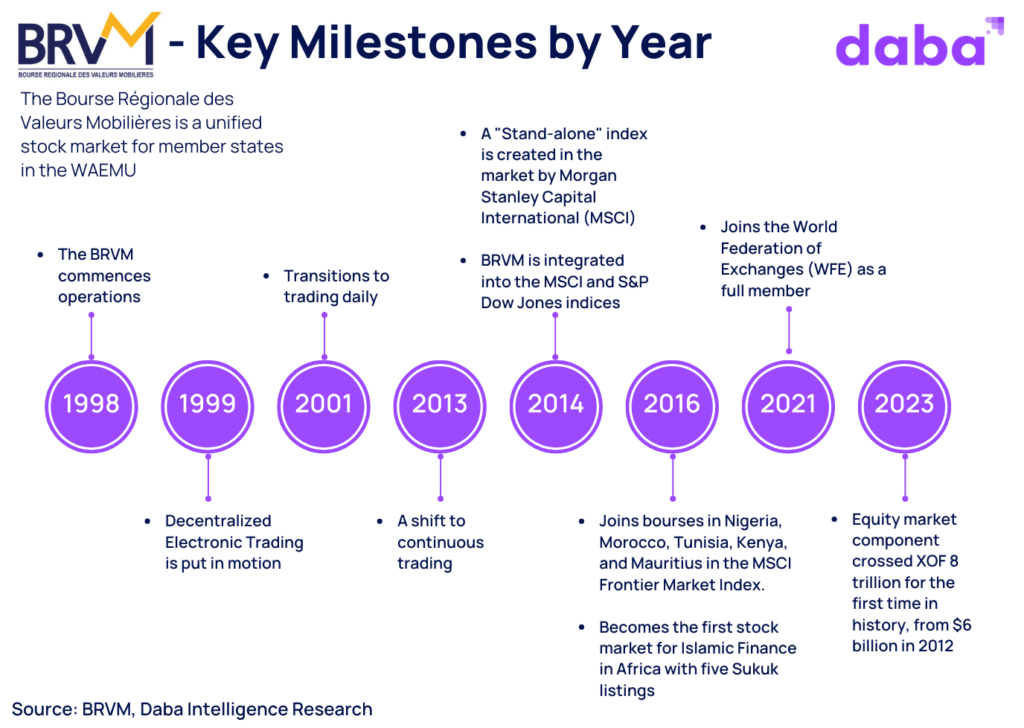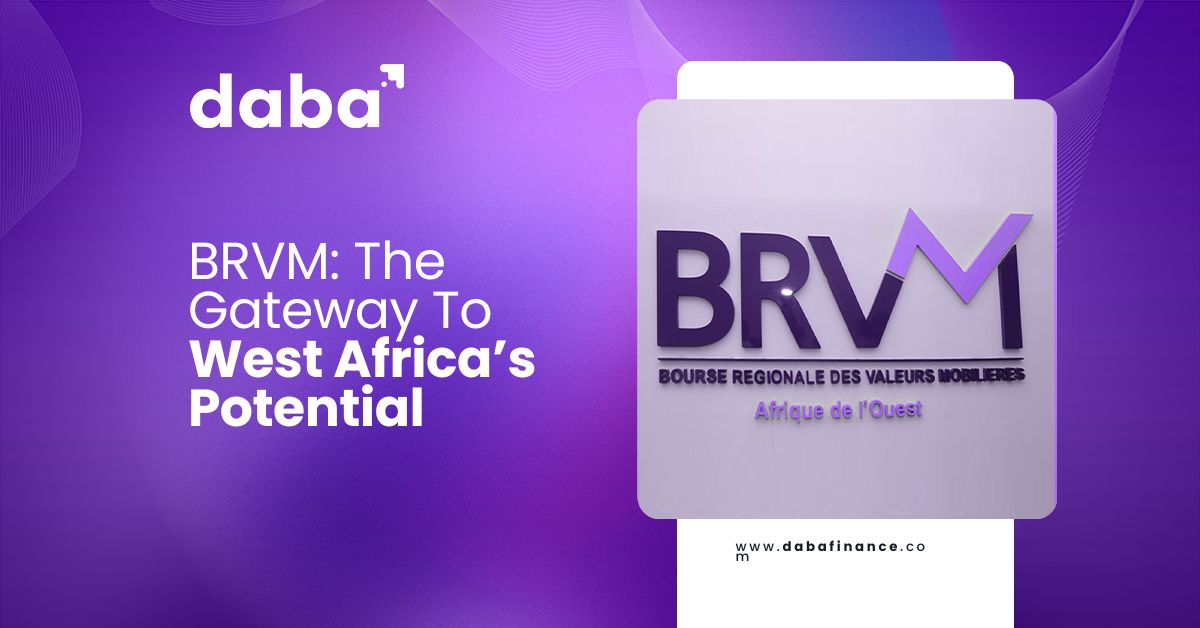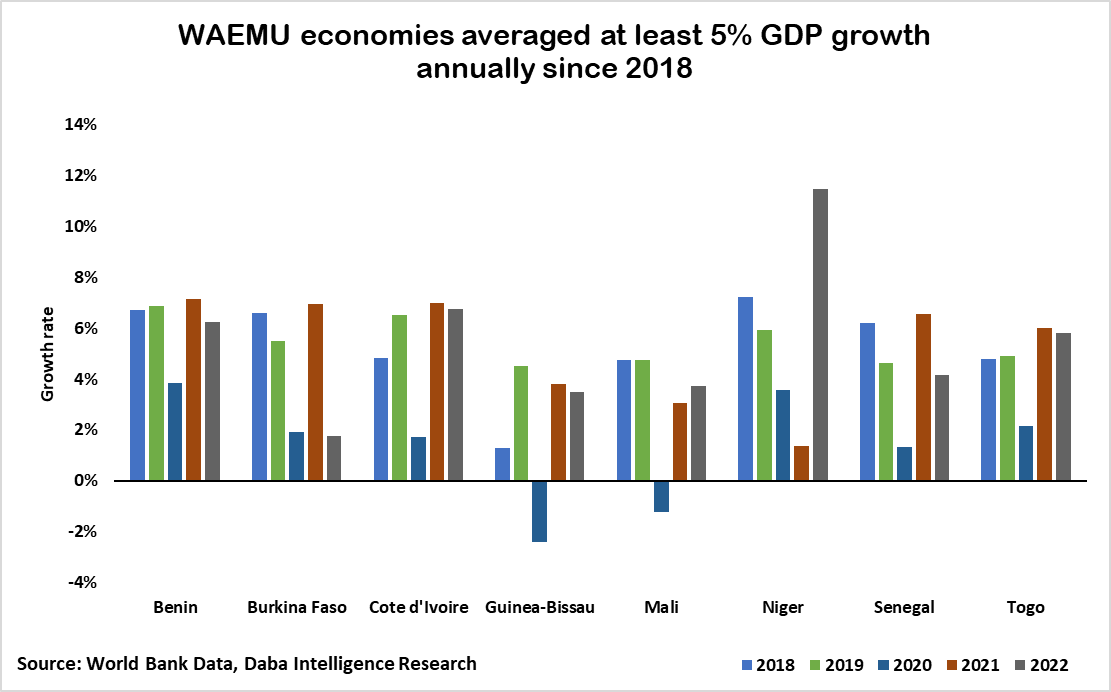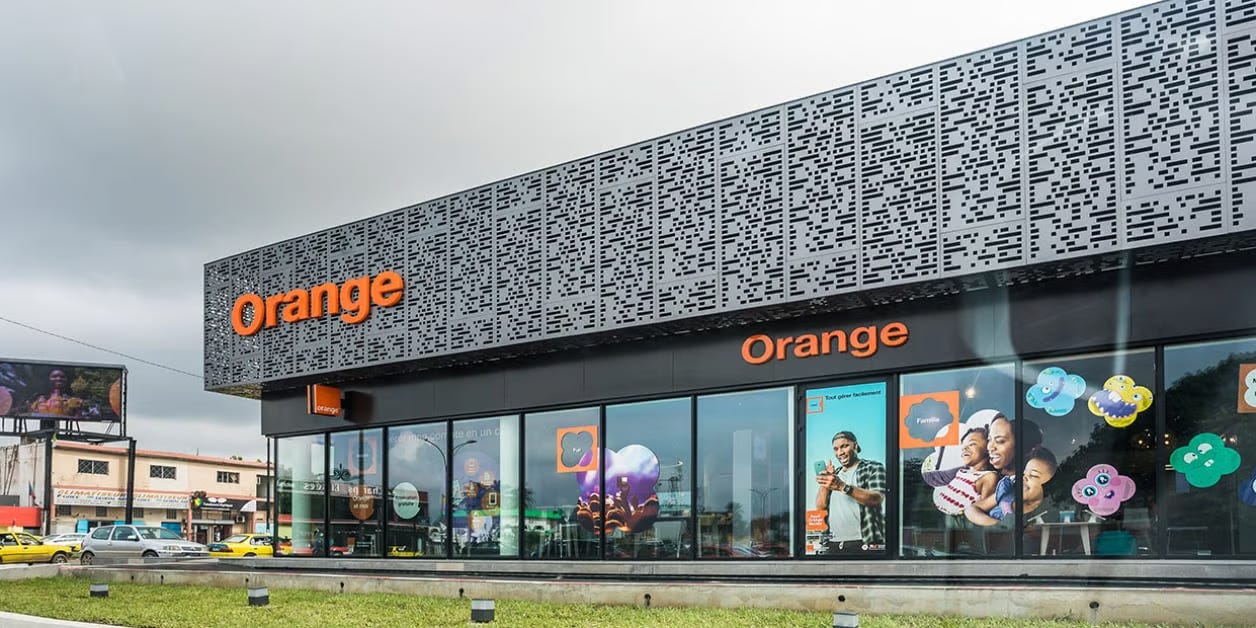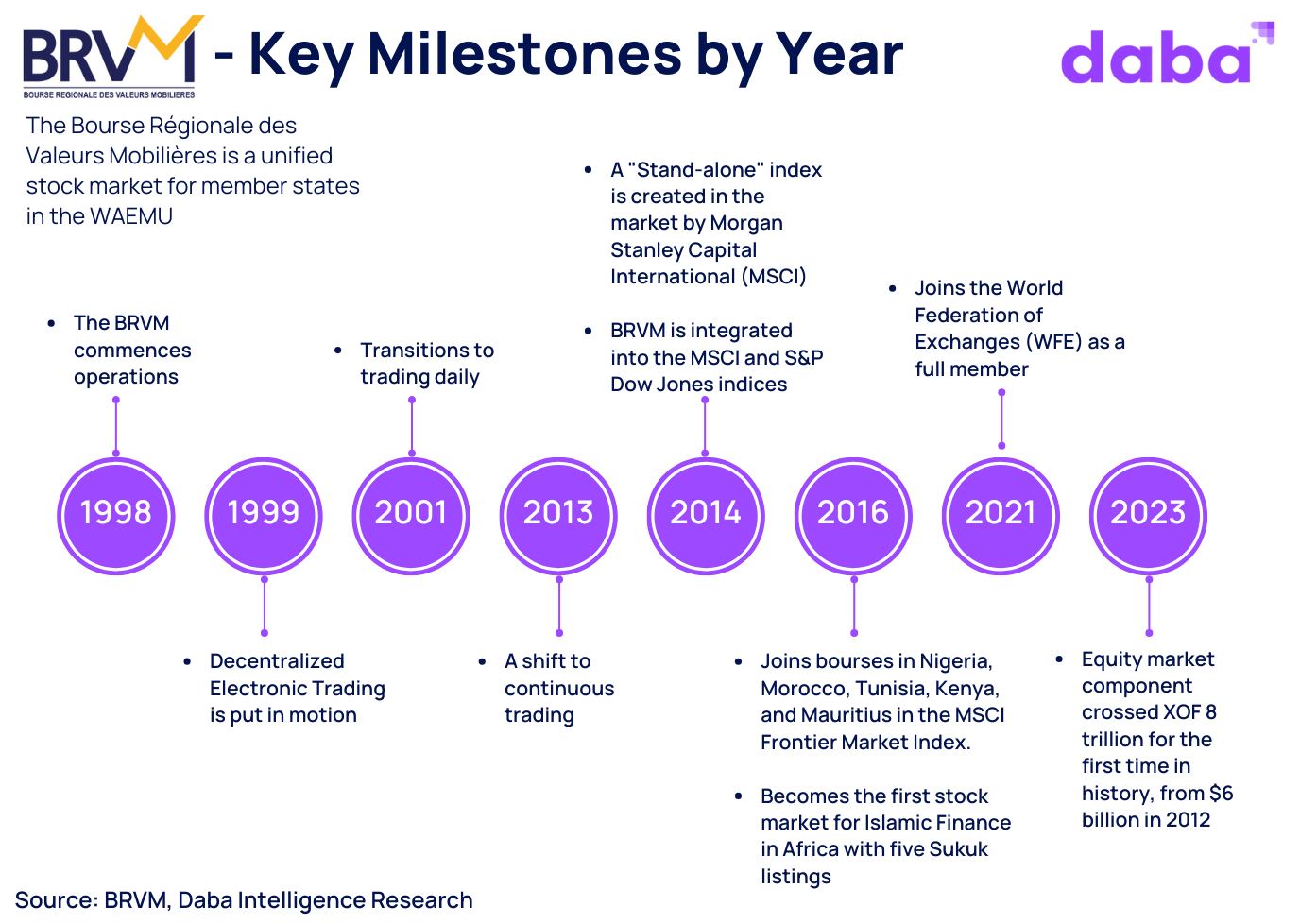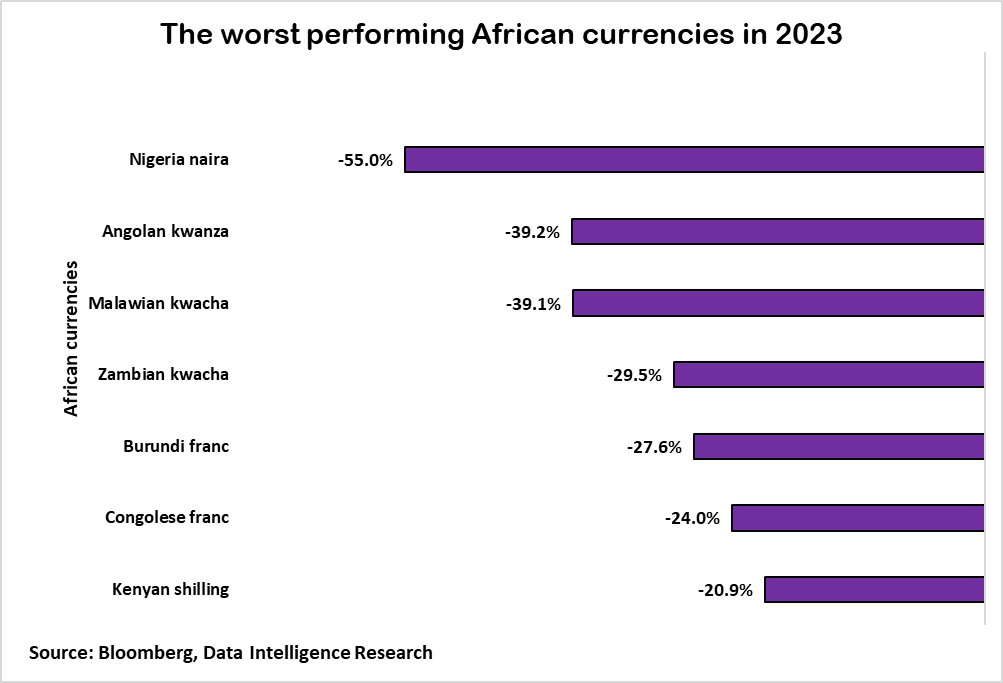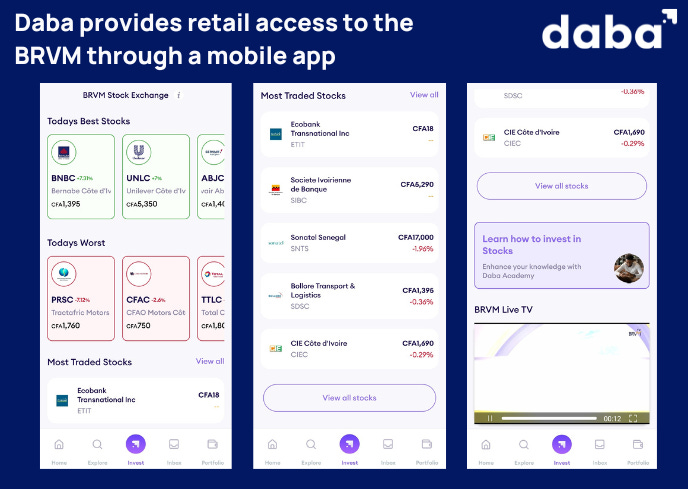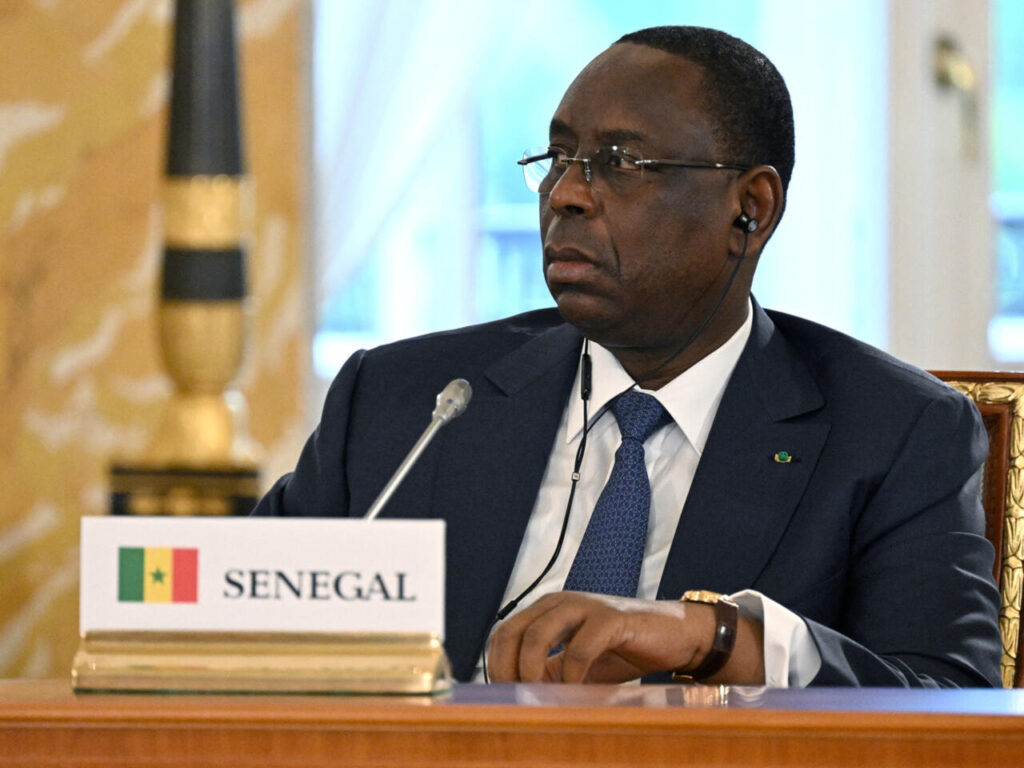La combinaison d’une inflation persistante et élevée et d’une monnaie locale volatile présente un environnement difficile pour la préservation et la croissance de la richesse.
L’économie nigériane présente un environnement difficile pour les investisseurs.
Avec un taux d’inflation de 33,95 % en mai 2024, le plus élevé depuis 28 ans, l’érosion du pouvoir d’achat du naira est une préoccupation majeure.
Les méthodes d’épargne traditionnelles, comme garder des fonds à la banque, offrent peu ou pas de valeur en retour, tandis que la volatilité de la monnaie aggrave encore le problème.
L’impact de l’inflation sur les investissements peut être une source de préoccupation, surtout pour les personnes cherchant à prendre des décisions financières judicieuses.
Lire aussi : L’inflation en hausse : Qu’est-ce que cela signifie pour vos investissements ?
Comment Protéger Votre Argent Contre l’Inflation
Une stratégie efficace pour protéger votre richesse contre les ravages de l’inflation est d’investir dans des actifs libellés en devises étrangères.
Le naira nigérian a perdu de la valeur par rapport au dollar depuis de nombreuses années, déclinant de 55 % en 2023 seulement, ce qui signifie que votre argent perdra de la valeur s’il est conservé en naira.
En investissant dans des devises autres que le naira, comme les dollars américains, vous pouvez protéger votre richesse contre les effets érosifs de l’inflation.
De plus, un portefeuille diversifié comprenant diverses classes d’actifs peut aider à atténuer le risque et à offrir des opportunités de croissance de la richesse dans un environnement inflationniste élevé au Nigeria.
Cet article explore des classes d’actifs stratégiques dans lesquelles vous pouvez envisager d’investir, y compris les actions, les obligations, les fonds négociés en bourse (ETF), l’immobilier et les dépôts à terme en dollars.
Actions : Exploiter la Croissance des Entreprises
Investir dans des actions vous permet d’acheter des parts de sociétés cotées en bourse, telles que la Nigerian Exchange (NGX) ou d’autres marchés régionaux comme la Bourse Régionale des Valeurs Mobilières (BRVM) en Afrique de l’Ouest francophone.
Des entreprises comme MTN, Nestlé et Dangote Cement offrent des opportunités d’investissement attractives sur le NSE, tandis que la BRVM offre une exposition à des entreprises comme Sonatel, Orange et Coris Bank.
Dans ce contexte, la BRVM présente un cas plus convaincant car elle utilise la monnaie CFA, qui est indexée sur l’euro et offre donc une stabilité.
Les actions relèvent de la catégorie des investissements à moyen et long terme et peuvent fournir des paiements de dividendes lorsque les entreprises déclarent des dividendes à leurs actionnaires. Avant d’investir dans les actions d’une entreprise, il est crucial de mener une due diligence approfondie et de rechercher des entreprises rentables et bien gérées.
Des plateformes comme Daba offrent une plateforme pratique pour acheter et gérer vos investissements en actions.
Lire aussi : Comment investir dans les marchés boursiers africains
Obligations : Risque Moindre, Rendements Constants
Les obligations représentent des prêts accordés à des entreprises ou à des gouvernements. Lorsque vous achetez une obligation, vous prêtez essentiellement de l’argent à l’émetteur.
Les obligations sont généralement considérées comme moins risquées que les actions mais offrent des rendements plus faibles. Elles fournissent un flux de revenus stable grâce à des paiements d’intérêts réguliers et peuvent constituer un ajout stable à un portefeuille diversifié.
Lire aussi : Qu’est-ce que les obligations et pourquoi investir en elles ?
Fonds Négociés en Bourse (ETF) : Exposition Diversifiée
Les ETF sont des véhicules d’investissement regroupés qui investissent dans un portefeuille d’actions, généralement gérés par des professionnels. Investir dans des ETF peut être un excellent moyen de diversifier votre portefeuille et de réduire les risques.
Les ETF offrent une exposition à divers secteurs de marché ou indices, vous permettant de participer au potentiel de croissance d’un large éventail d’actifs grâce à un seul investissement.
Daba, par exemple, donne accès à plus de 100 ETF sur la bourse BRVM.
Fonds de Placement Immobilier (REITs) : Exploiter le Potentiel Immobilier
Les REITs offrent une opportunité unique d’accéder au marché immobilier sans avoir besoin d’acheter et de gérer des propriétés individuelles. Ces sociétés possèdent ou financent des actifs immobiliers productifs de revenus et sont légalement tenues de distribuer au moins 90 % de leurs revenus mensuels aux actionnaires sous forme de dividendes.
Investir dans des REITs vous permet de bénéficier de l’appréciation potentielle des valeurs immobilières et des paiements de dividendes réguliers.
Dépôts à Terme en Dollars : Stables et Sécurisés
Les comptes de dépôts à terme en dollars offrent un moyen relativement sûr et à faible risque d’investir en dollars. Bien que les rendements puissent être modestes, ces comptes offrent un taux d’intérêt plus élevé que les comptes d’épargne traditionnels en naira. Cette option convient à ceux qui recherchent un investissement stable et sécurisé avec une exposition minimale au risque.
Daba propose une plateforme complète pour investir dans des actifs libellés en devises étrangères, tels que les actions d’entreprises à forte croissance de la région de l’Afrique de l’Ouest francophone. Téléchargez l’application pour commencer.
Une Approche Stratégique de l’Investissement
Pour naviguer avec succès dans le paysage de l’investissement dans un environnement inflationniste élevé au Nigeria, il est essentiel d’adopter une approche stratégique. Voici quelques conseils clés à considérer :
- Faites Vos Recherches : Avant de vous engager dans un investissement, effectuez des recherches approfondies sur les entreprises, les obligations ou les fonds qui vous intéressent. Comprenez les risques et les récompenses associés à chaque option et prenez des décisions éclairées.
- Commencez Petit : Si vous débutez dans l’investissement, il est conseillé de commencer par de petits investissements. Cette approche minimise les risques et vous permet d’apprendre progressivement le processus d’investissement. À mesure que vous gagnez en expérience, vous pouvez augmenter vos montants d’investissement.
- Éduquez-vous : L’investissement implique une courbe d’apprentissage, et il est crucial de vous éduquer sur diverses stratégies d’investissement, la gestion des risques et la dynamique des marchés. Utilisez des ressources telles que des livres, des sites Web et des cours pour améliorer vos connaissances.
- Réinvestissez Vos Gains : Réinvestir vos gains d’investissement peut accélérer la croissance de votre richesse. En réinvestissant constamment vos bénéfices, vous pouvez bénéficier du pouvoir des rendements composés au fil du temps.
- Restez Patient : Investir est une entreprise à long terme, et la patience est essentielle. Ne paniquez pas si vos investissements subissent une volatilité ou des pertes à court terme. Sur le long terme, le marché boursier a historiquement eu tendance à augmenter, récompensant les investisseurs patients et disciplinés.
- Cherchez des Conseils Professionnels : Envisagez de travailler avec un conseiller financier réputé qui a une compréhension approfondie du marché nigérian. Leur expertise peut vous guider dans la prise de décisions d’investissement éclairées et dans la navigation des complexités de l’économie locale.
- Diversifiez et Rééquilibrez : Diversifier vos investissements entre différentes classes d’actifs peut aider à atténuer les risques. De plus, rééquilibrer régulièrement votre portefeuille garantit que la répartition de vos actifs reste alignée avec vos objectifs d’investissement et votre tolérance au risque.
- Surveillez Vos Investissements : Surveillez régulièrement vos investissements pour vous assurer qu’ils performent comme prévu et apportez des ajustements si nécessaire. Cette approche proactive peut vous aider à capitaliser sur les opportunités émergentes et à atténuer les risques potentiels.
Naviguer dans l’environnement inflationniste élevé du Nigeria nécessite une approche stratégique et diversifiée de l’investissement. N’oubliez pas de faire des recherches approfondies, de commencer petit, de vous éduquer, de réinvestir vos gains et de rester patient.
Avec la bonne stratégie et le soutien de plateformes comme Daba, vous pouvez naviguer avec succès dans le paysage économique difficile et sécuriser votre avenir financier.
